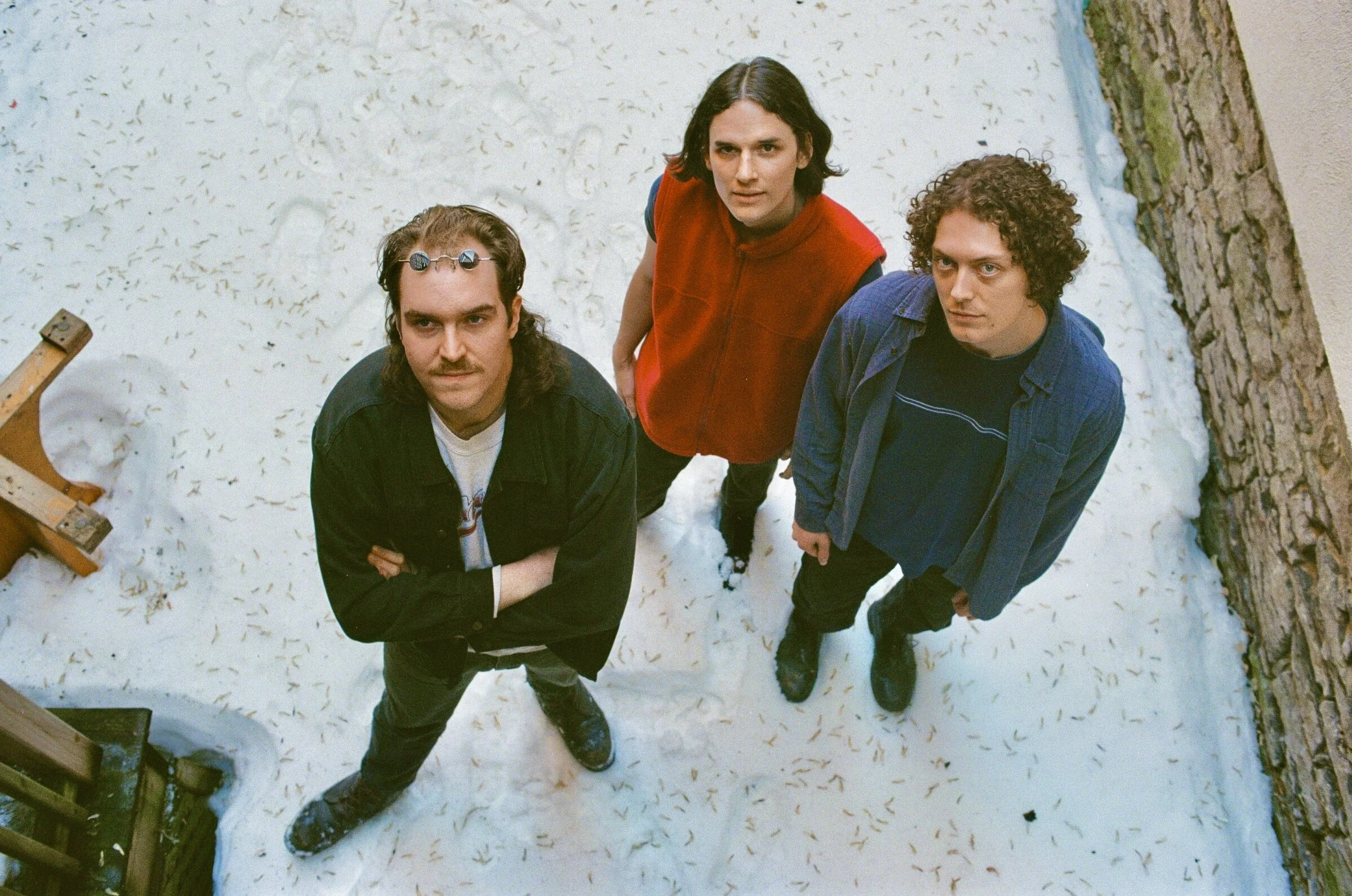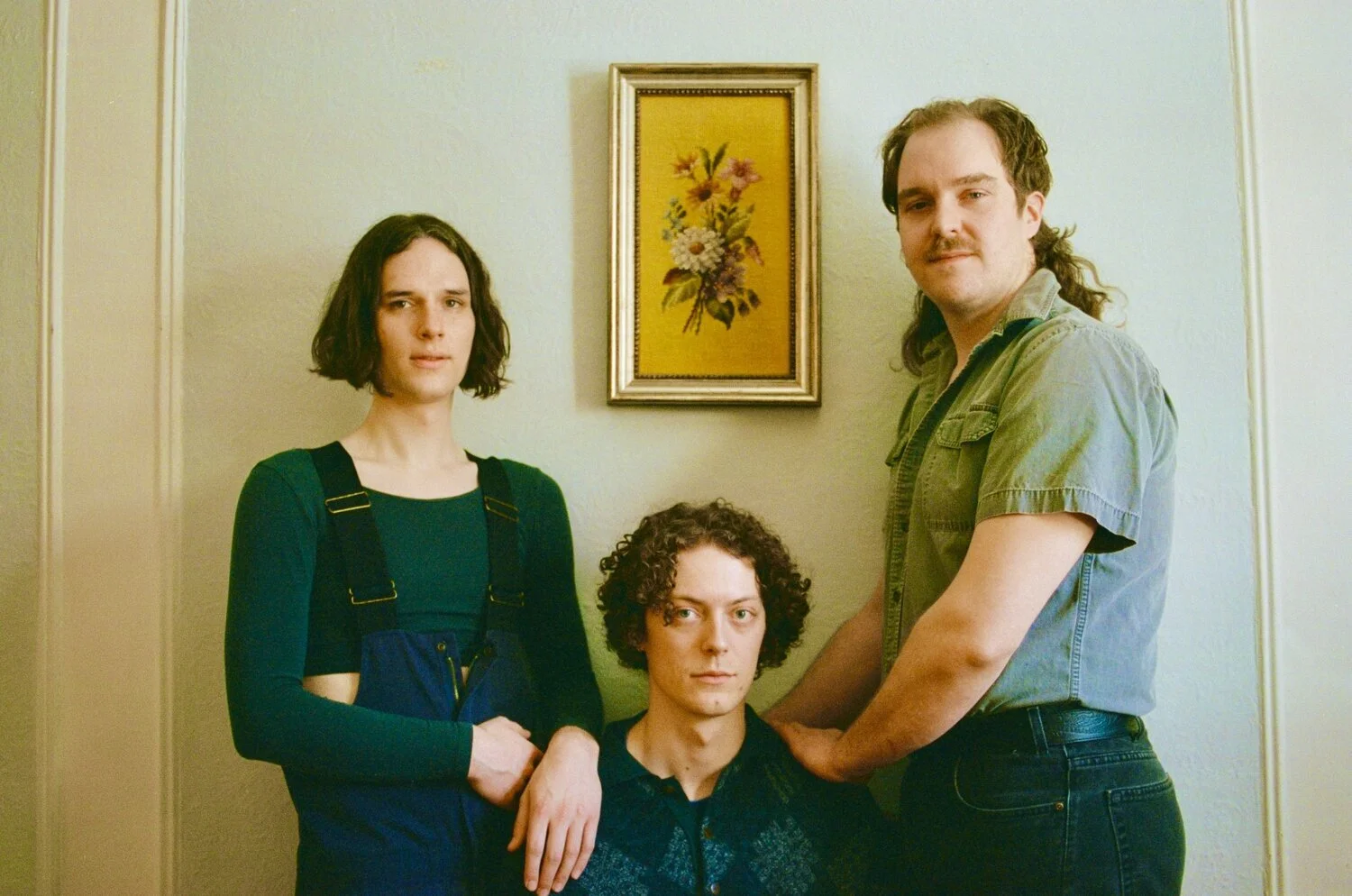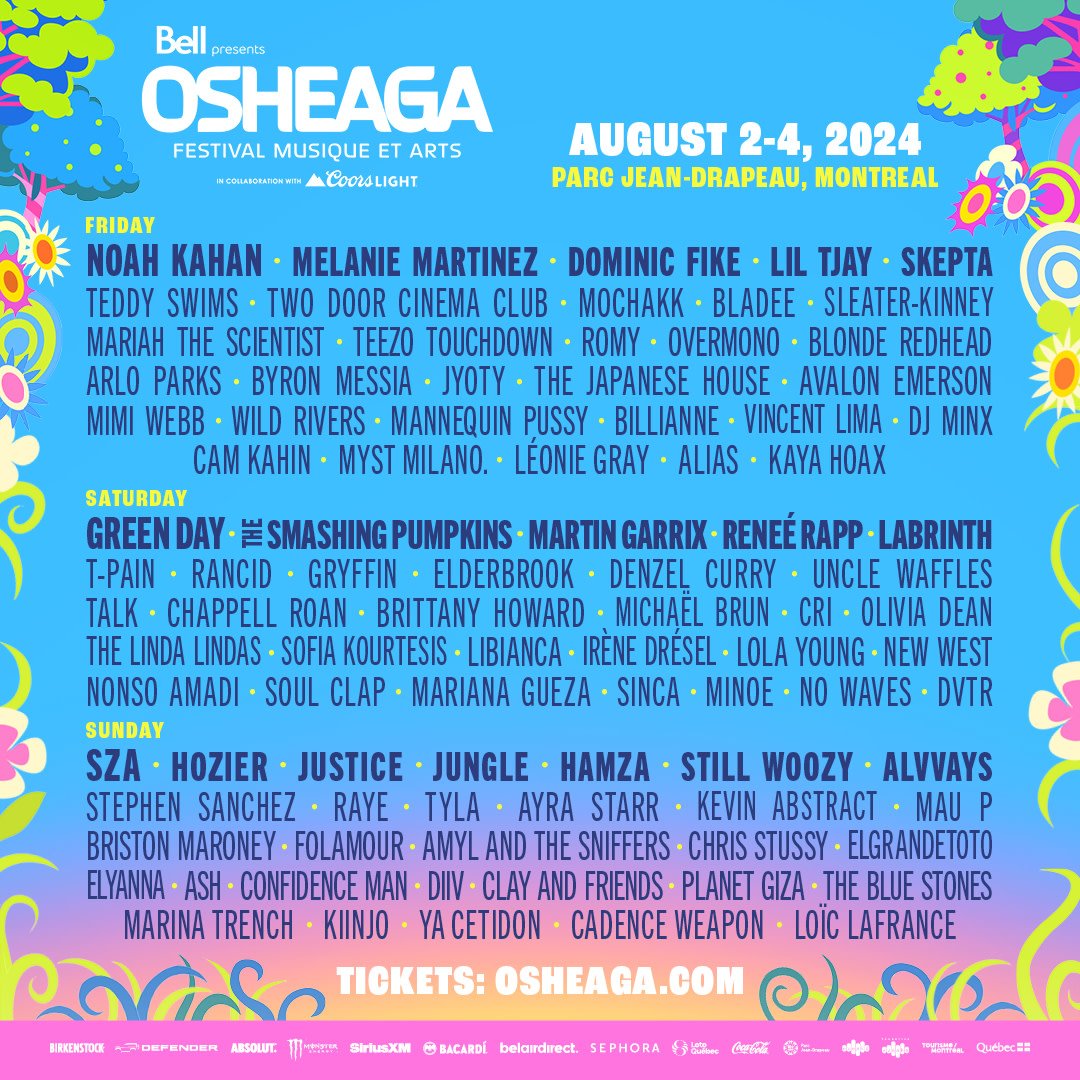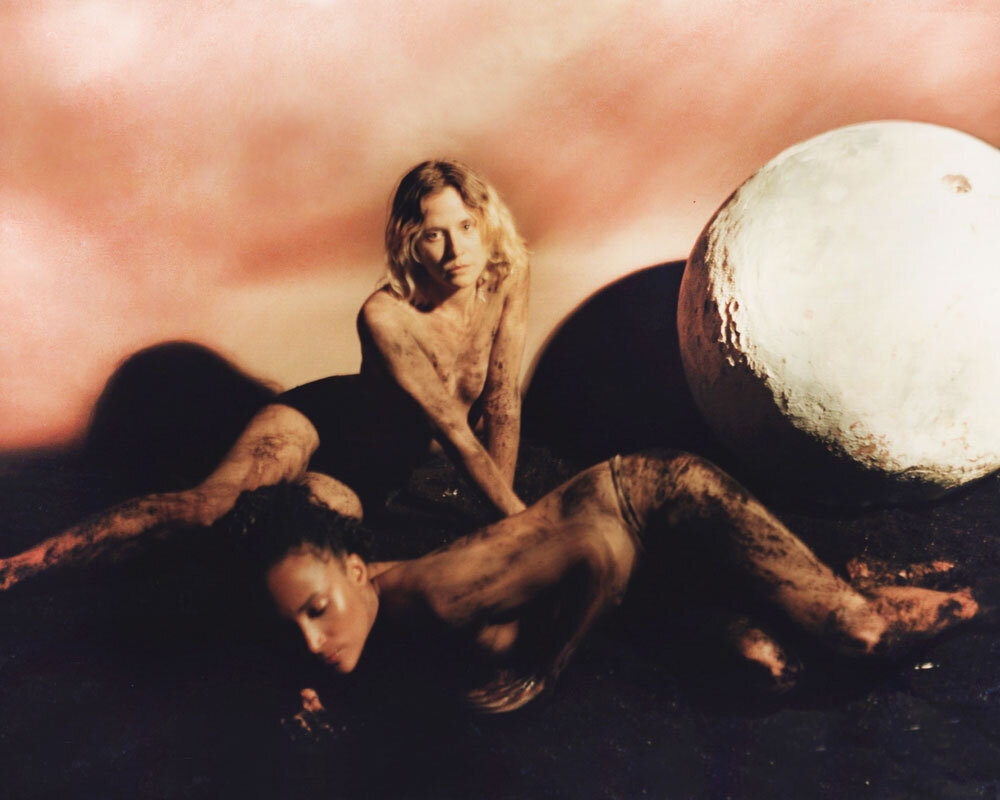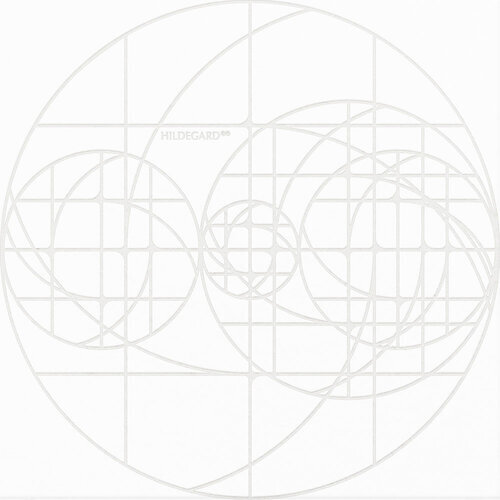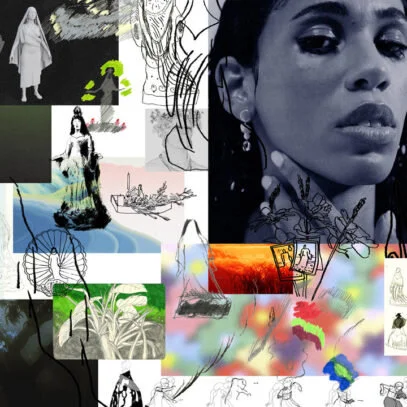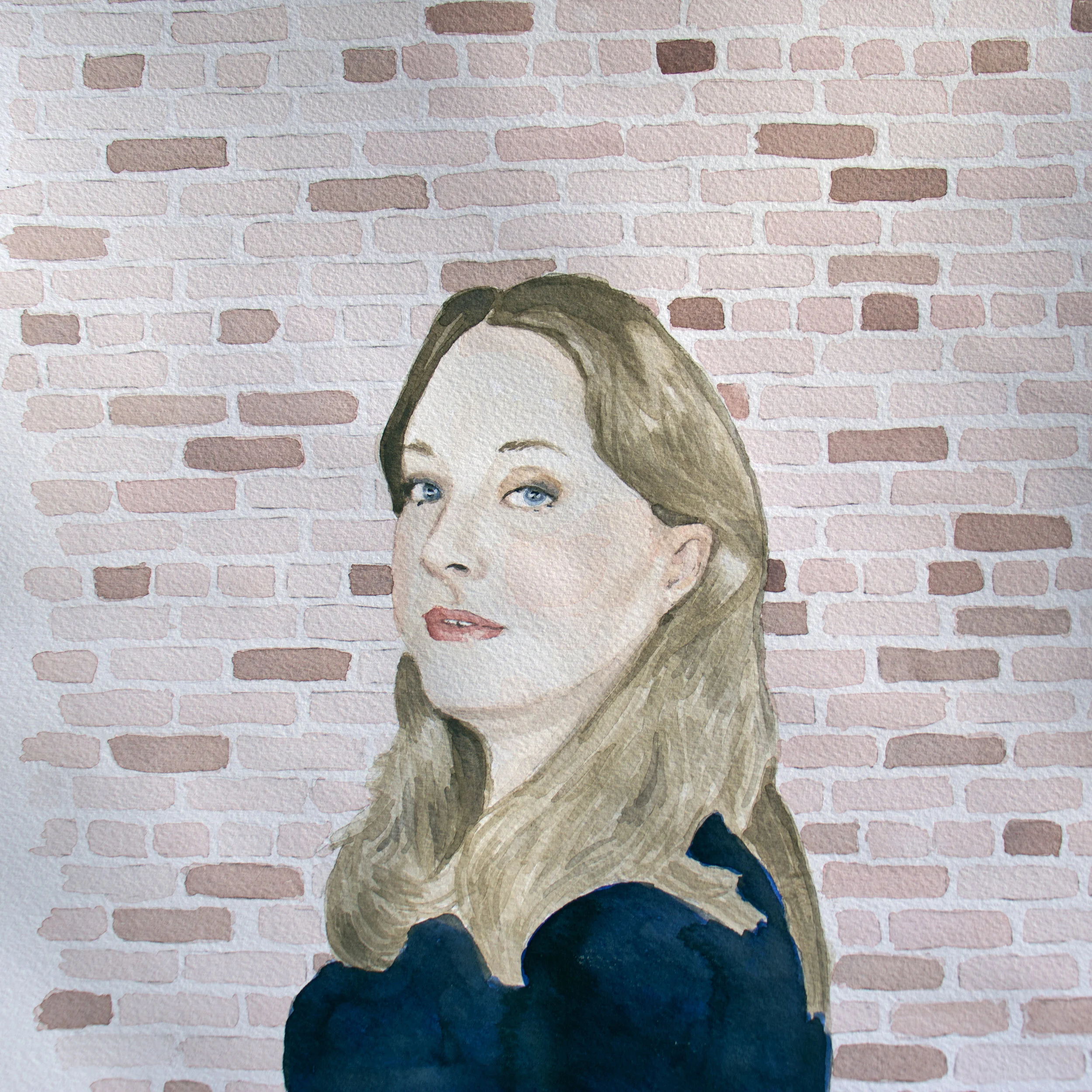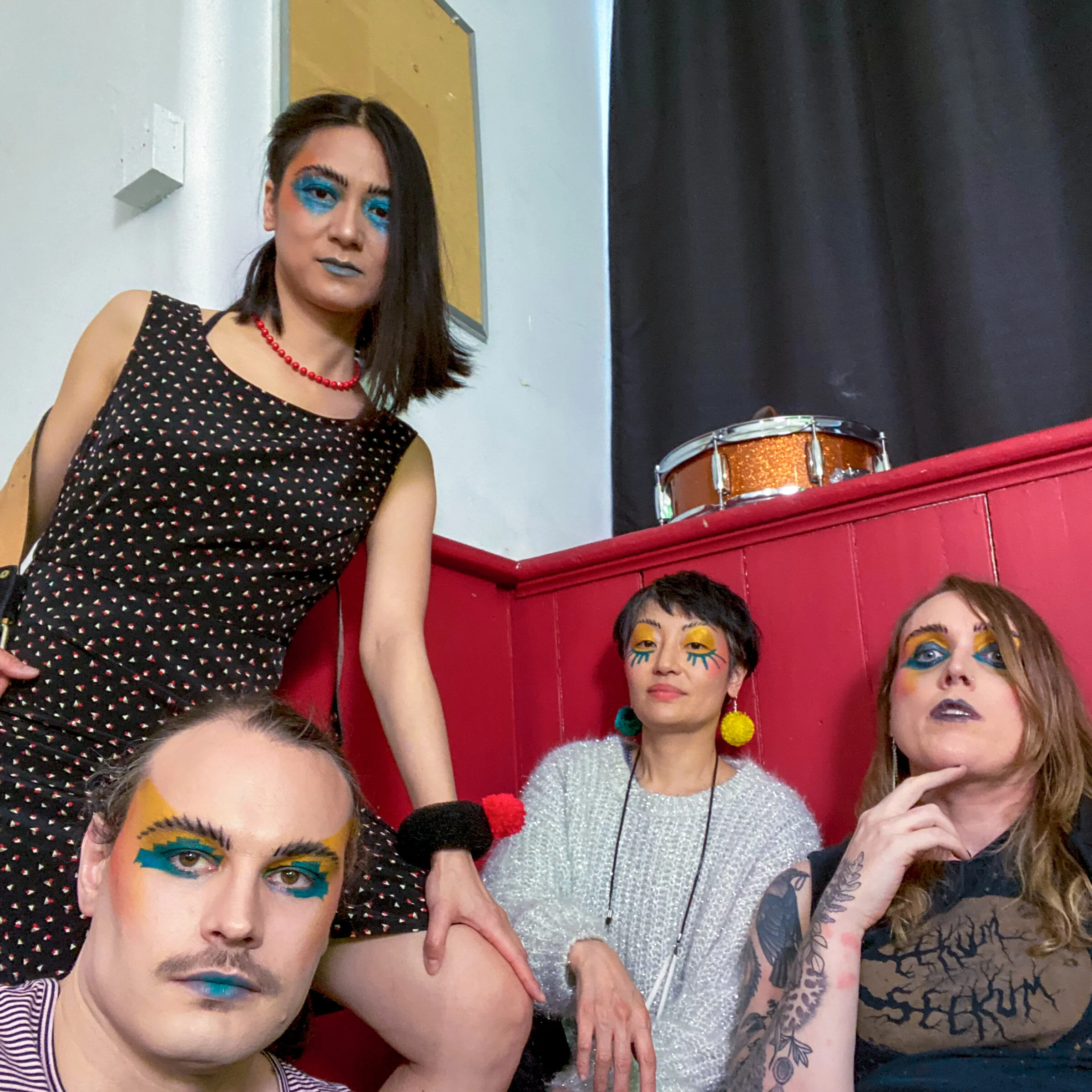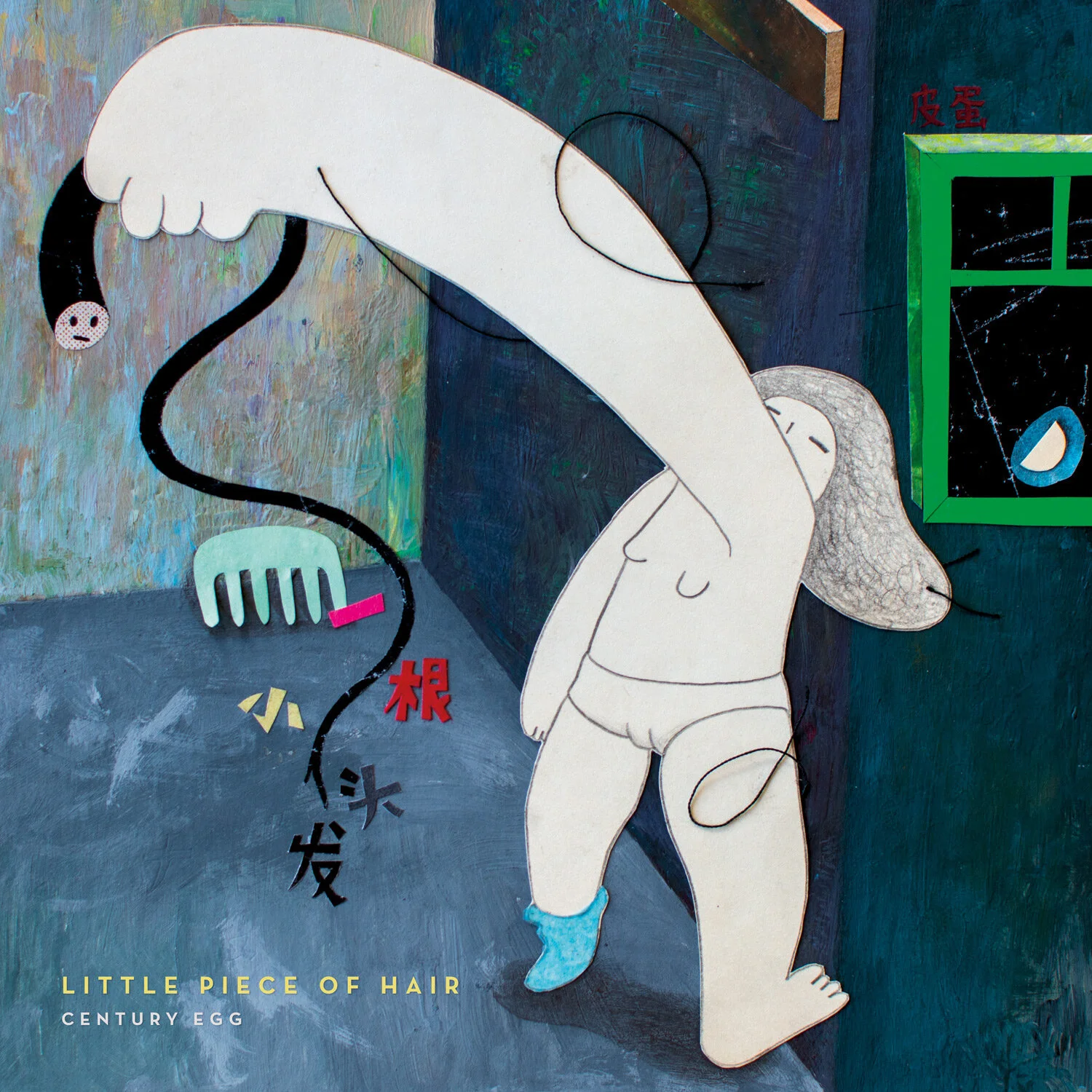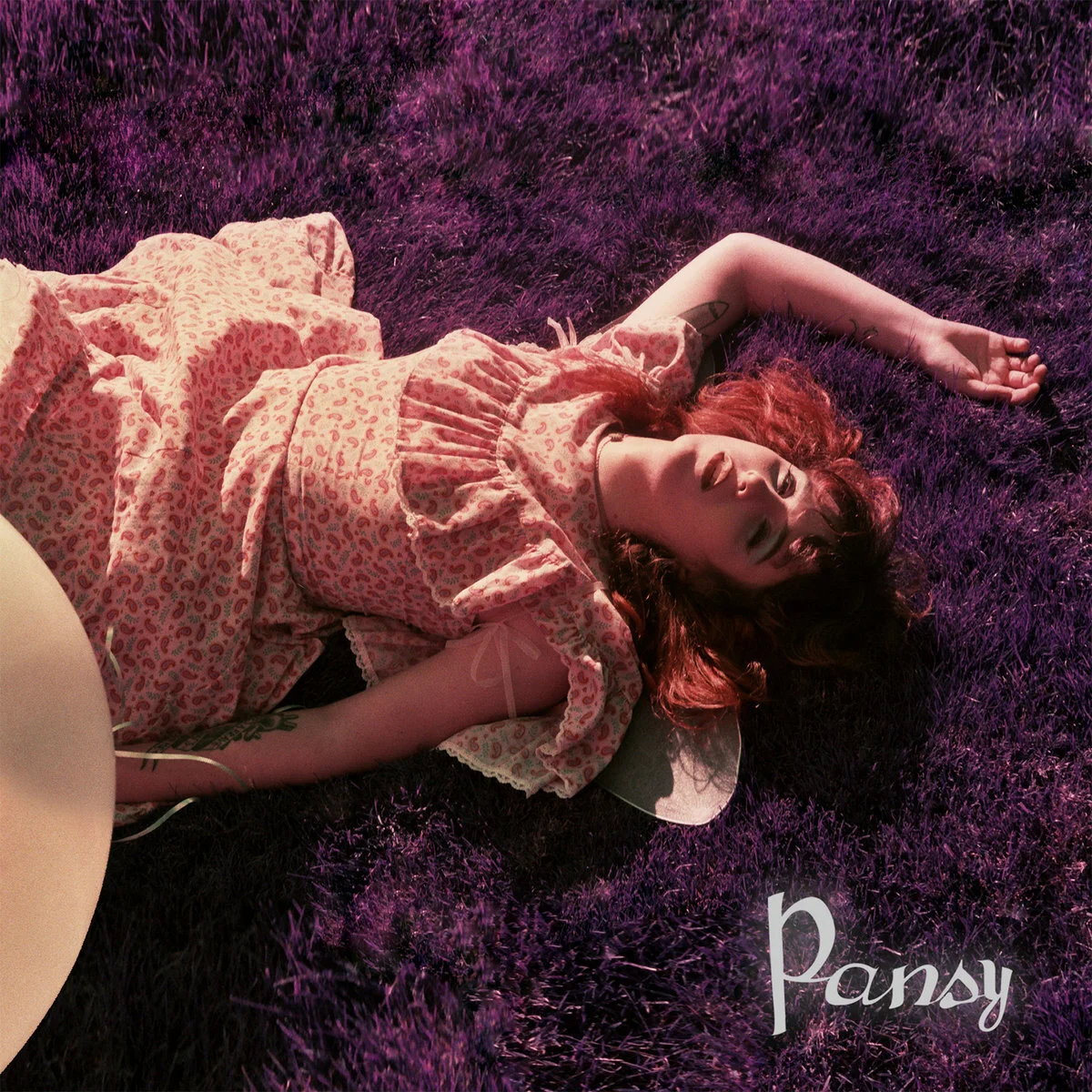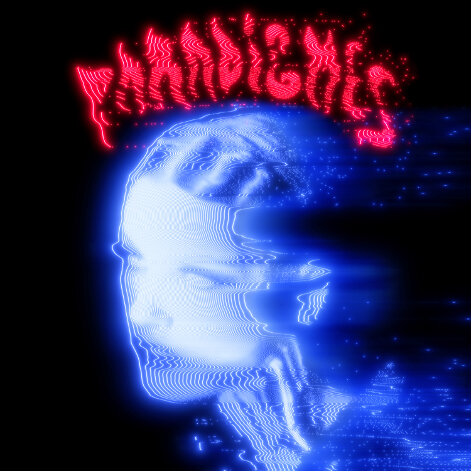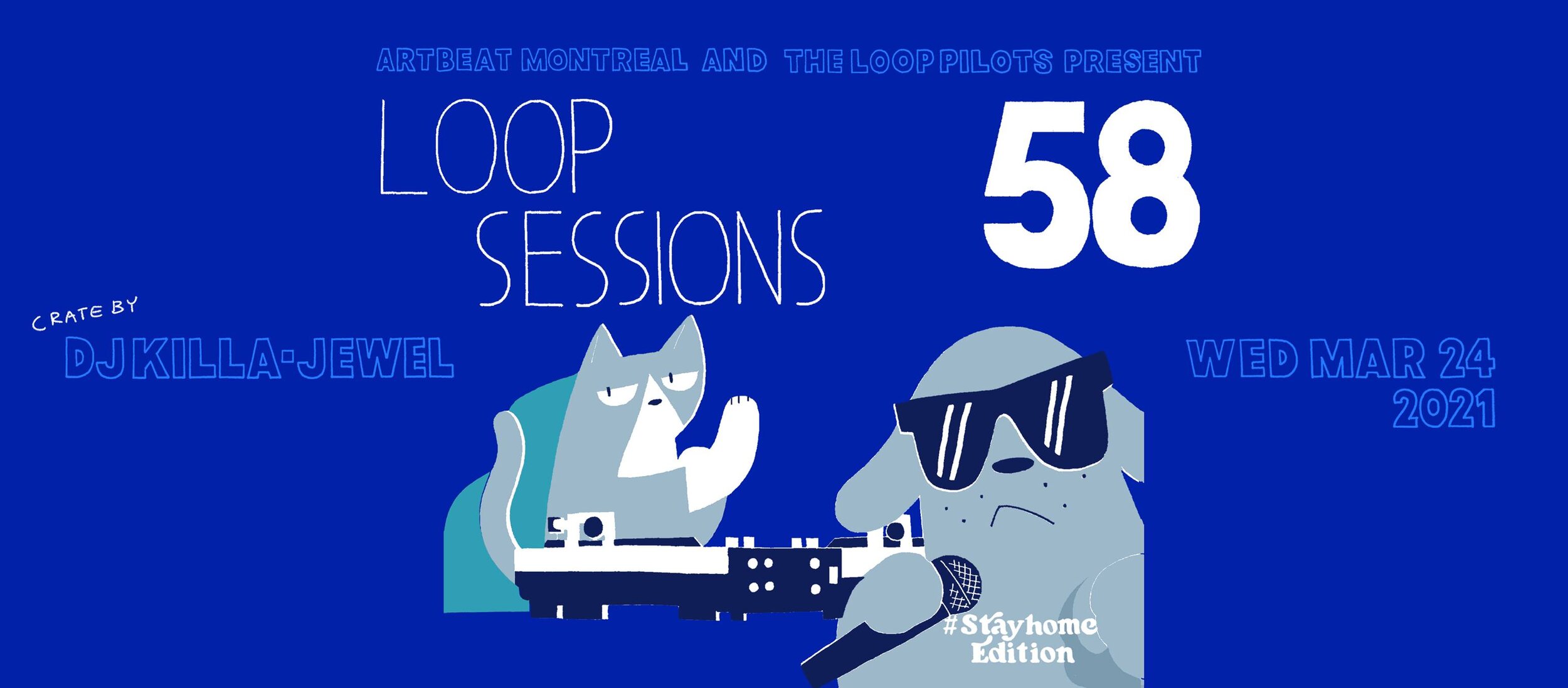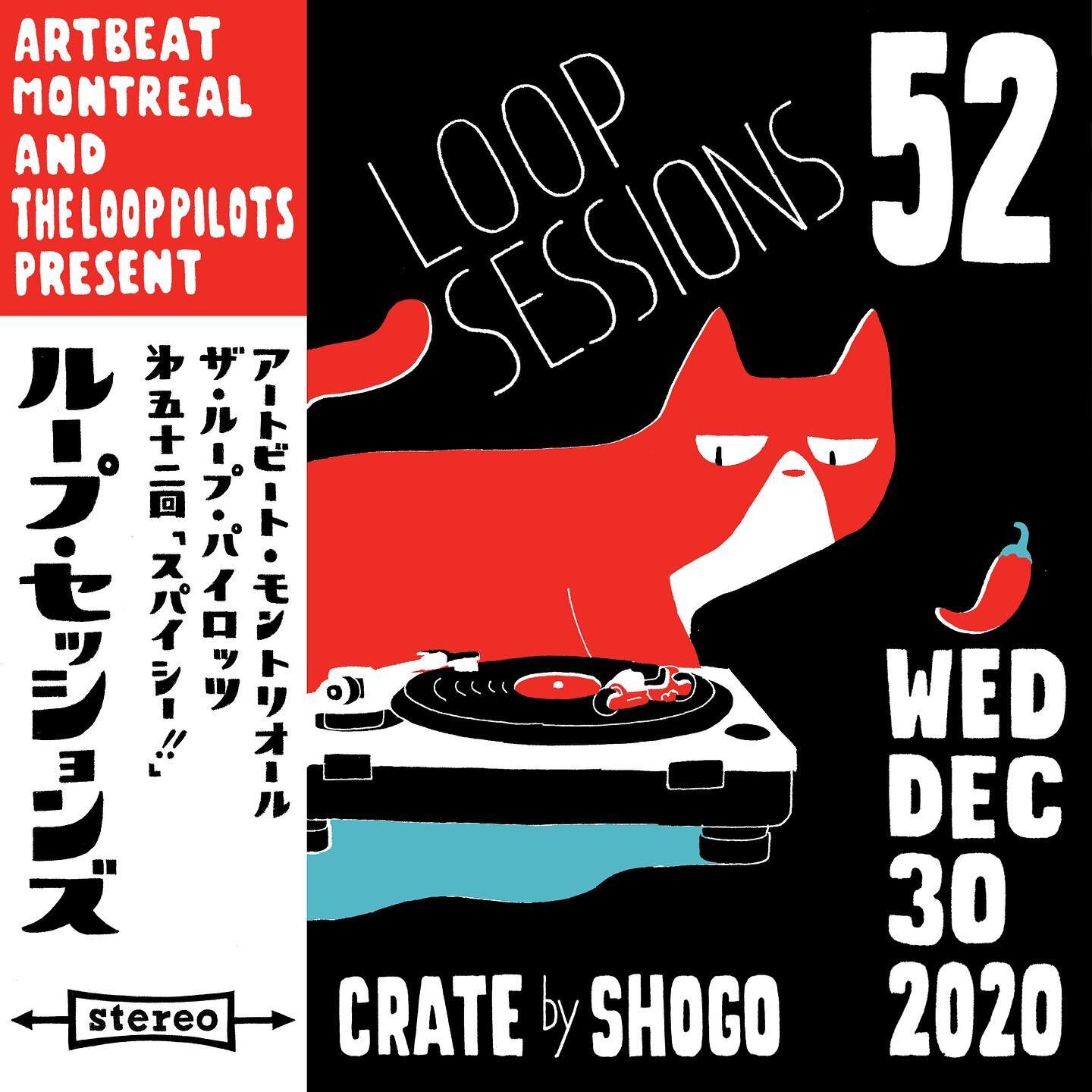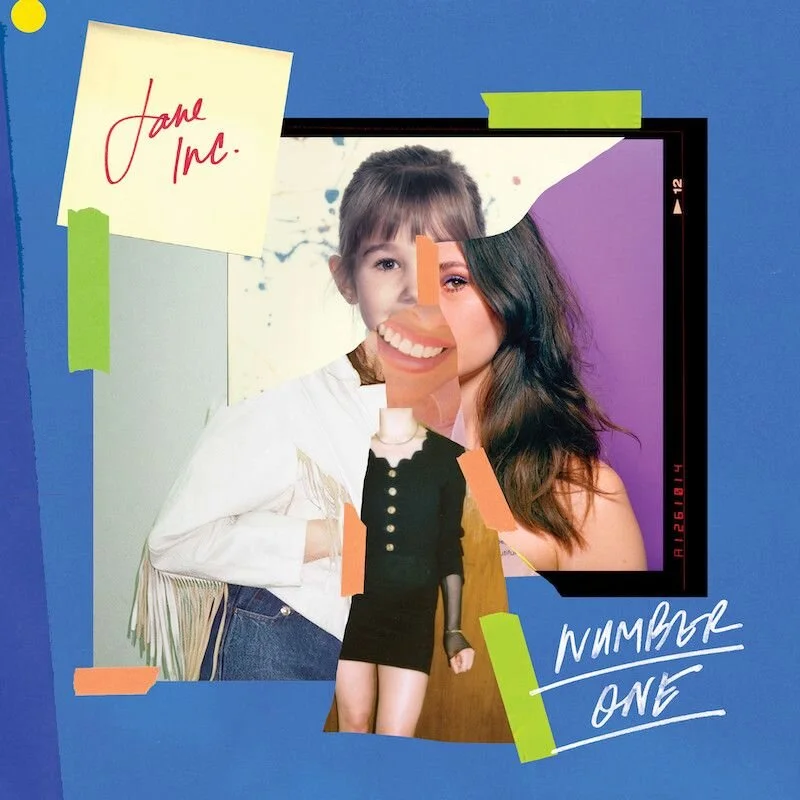Dresser Shares Favourite Venues, Montreal Experiences, and Art Rock Album "Seventeen Blocks And Then Some"
Dresser by Lulu Lebowitz
There's this feeling I would get when I first moved to Montreal, where it felt like there were whole worlds of creativity around every corner, at every event, at the end of every summertime bike ride... It's a feeling of the world opening up for you and inviting you in, now that you're in the place where you're supposed to be.
This is the feeling I get when I listen to Dresser's new album "Seventeen Blocks and Then Some." I've known the band via many DIY shows and restaurant gigs where we pushed through long shifts together. Their music is of the laid-back art rock genre, with elements of folk-punk, and has that unmistakable East Coast Canadian sound.
I caught up with Finn to chat about the new album and our shared Montreal experiences.
Malaika for Also Cool: Hi Dresser! Let's start with the band's origin story. You mentioned that Dresser started in a now-defunct after-hours spot. Which one was it, and how have afte-rhours/DIY spaces played a part in your lives/creative endeavours?
Finn: When we first started playing together, we would rehearse and hang out in a space on Parc and Beaubien that our friends were living in. The space was in a bit of a purgatory, between having been Drones Club and before later becoming Cyberia. There were a few parties there during that time, but it was definitely more low-key on that front than in other iterations.
We recorded our first EP there on a reel-to-reel machine that sat on the floor in the main room. I remember doing guitar takes with the sketchy electricity surging into the machine and blowing out the VU meters. Eventually, the place became too much of a hassle and too expensive, so our friends moved out.
But that spot and others in the area like Poisson Noir were really important for me when I arrived in Montreal. I'd done my research when I was still in New Zealand, so I roughly knew that stuff I liked was happening around those there before even landing here. I wasn't able to find any of it on social media initially, so I'd just go walking around those blocks at night. Sometimes I'd come across a show or party, and other times not. The people I met were generally super nice and welcoming, which was pretty remarkable considering I was just some kid approaching strangers and intruding on conversations. It's a shame that DIY spaces like those aren't around so much at the moment. They bring a heightened community experience to live music and partying that's a bit harder to come by in bar settings. It'll be interesting to see how we could go about doing things like that again post-pandemic.
Also Cool: Was music always a part of your lives? How did you first get into the music scene here in Montreal, and how does it compare to where you're from?
Finn: I've played guitar since I was 8 and was always in bands at school, but I got increasingly invested in it in my last few years of high school. I'm from Auckland, and there was a great all-ages DIY scene for a while, so that was formative for sure.
When I was still in high school, I would listen to Montreal bands, and I found the documentary “A City Is an Island” by Timothy George Kelly. There was a map graphic in it that they'd make a cross on every time an interviewee mentioned a venue or neighbourhood or something. So I basically obsessed over that and ended up having maps of Little Italy and the Mile End pinned to the walls of my Auckland bedroom. That gave me quite a bit to work with, so I'd just go out to shows and meet people, which led to someone passing their dishwashing job on to me. At that job, I met Chris and Kevin (bass + drums) and the other original band members, Ryan and Fawn.
In terms of getting started in the scene here, once Dresser had a set of songs, I'd just ask all the bands I'd seen and met at shows if they'd play with us. So the first show we played, I booked and promoted myself. From there, everything continued to happen pretty organically.
I'd say I felt comfortable reaching out like that because it wasn't too dissimilar to how things would happen in Auckland when I was a teenager. I have so many good memories of great shows in various halls-for-hire around those times. But that scene seemed to fizzle out a little as all those bands got older.
Auckland is a pretty hard place to be an artist. It's wildly expensive to live there, and from what I can still tell, there's a major lack of practice spaces and venues. But, despite that, there's still so much good music that comes out of there!
When I arrived in Montreal, my first impressions were just that a lot was going on all the time. It was never hard to find a show to go to on any given night, and I was pretty swept up by the nightlife. The economic conditions here have just historically been more favourable to practicing art, so many people are drawn here for those reasons. It's noticeable in the scenes that I participate in at least that often a substantial portion of people aren't originally from Montreal.
Dresser by Lulu Lebowitz
AC: Speaking of the local scene, who are some bands here who you think deserve more recognition?
Finn: There are so many! Some friends of mine who are (and will be) putting out great stuff are Fraud Perry, Visibly Choked, why try, Night Lunch, Pillea, Luke Pound, Molly Drag. Other bands/acts that could always use more love are Lovelet, Kìzis, Lockimara, Sunforger, The Painters, TDA, LAPS, and Chris Hauer. Kevin is also in another band called Sick, who are crazy good. That names a few; there are probably many more that I'm forgetting.
AC: Which local venue are you looking forward to playing once shows start up again? (I'm a big Casa fan, personally.)
Finn: My favourite spot has always been La Plante, they had quite a successful fundraising campaign a little while back, so I really hope they hang in there. I think spaces like theirs are so important, and they're one of the last remaining of their kind as far as I know. Otherwise, I'm also a big fan of Casa as well as Brasserie Beaubien, who I really hope miraculously return after the pandemic, despite whisperings I've heard.
Dresser by Lulu Lebowitz
AC: Let's talk about your album, "Seventeen Blocks And Then Some." I'm interested to hear the story behind the name and the musical inspiration that went into this album.
Finn: Most lyrical content on the album deals with feelings and experiences during my first couple of years in Montreal. The title is a rough estimate of the area within which I experienced all the significant “stuff” during that time. I would wonder, "So how many blocks is it from Sherbrooke to Jarry," and thought it might be seventeen. This was probably a gross underestimation, hence the "And Then Some." I like thinking about directions, and there are a few references to things like street corners and blocks across the album, so it felt fitting.
I find it difficult to pinpoint how it manifests in the final product when it comes to musical inspiration. I tend to be into something a little different each time I decide to write a song, so I'm always drawing from different places. It all gets amalgamated once the band starts working on it. We don't tend to directly reference others very much in those stages.
Some things I could pinpoint are that when I wrote Slowly, I was getting into Bill Callahan. The bridge in Grin probably came to be around the time when Ryan (who plays lead guitar on the album) and I would spend evenings playing Never Meant by American Football on guitar. When I wrote the verse riff for Bystand, I loved Mono No Aware by local band Sunforger.
Conceptually, this album really served to capture how Dresser sounded live at the time of recording. We played shows quite a lot and were feeling really happy with where we were performance-wise, so we wanted to translate that energy pretty directly into the recording, which is a significant factor in how it turned out.
AC: Looking forward, what does Dresser have planned for 2021?
Finn: We're planning on recording a new song very shortly that we'll put out for the summer. Then we'll be looking towards starting a new album later in the year, for which we already have much of the material.
We're desperate to start playing shows again just like everyone else, so we will be doing that ASAP. Also, with summer starting and the uncertainty around when venues will reopen, we're planning an outdoor performance very soon. So keep an eye out for that! There's a lot to look forward to.
Dresser
Instagram I Facebook I Spotify I Bandcamp
Malaika Astorga is the co-founder of Also Cool. She is a Mexican-Canadian visual artist, writer, and communications specialist currently based in Montreal.

